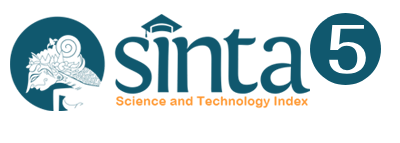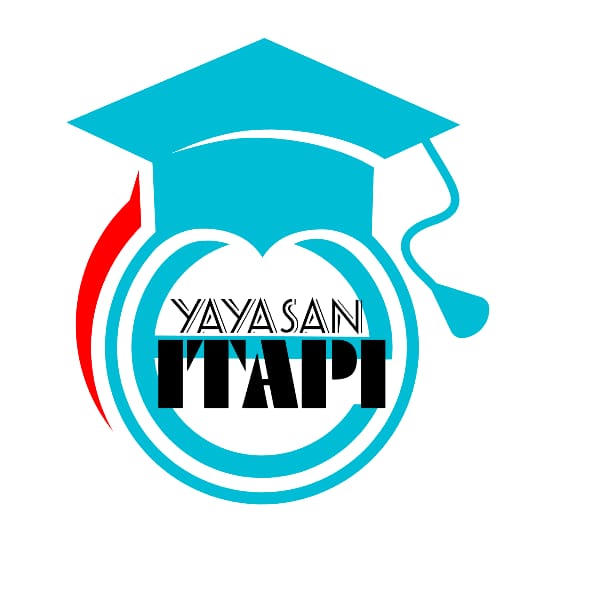Implementation of al-Ghazali's Educational Thought at Ilyas Karanganyar Islamic Boarding School
DOI:
https://doi.org/10.52187/rdt.v4i2.152Keywords:
educational, classification of knowledge, teaching methodsAbstract
This journal aims to find out how the Implementation of al-Ghazali's Educational Thought at the Ilyas Karanganyar Islamic Boarding School. The benefit is for the government and educators to make al-Ghazali's educational thoughts an inspiration and reference in implementing quality Indonesian education. The results of this journal are that the building of al-Ghazali's educational thought is religious-ethical in nature. al-Ghazali's educational goals cover 3 (three) aspects, namely cognitive aspects, affective aspects, and psychomotor aspects. In addition to placing two important things as an educational orientation, namely achieving human perfection to qualitatively get closer to the creator of Allah SWT; and achieve human perfection to achieve happiness in this world and the hereafter. Educators are individuals who master a scientific discipline and are able to practice it as well as human figures who totally concentrate on the field of education. Students are placed as objects as well as subjects and set ten ideal criteria that students must strive for in order to be successful in education. Al-Ghazali mentions four categories of scientific classification, namely; classification of syar'iyah (religious) science and 'aqliyah (reasoning); theoretical and practical sciences; knowledge presented (hudhûri) and acquired (hushûli); The science of fardhu 'ain and fardhu kifâyah. Al-Ghazali's teaching method emphasizes that teachers who provide knowledge are required to use exemplary methods and dialogue in the learning process.
References
al-Ghazali, al-Imam Abi Hamid Muhammad bin Muhammad. (1996). Ihya ‘Ulumuddin,
Ali, Attabik dan Muh. Zuhdi Muhdhar. (1996). Kamus al-‘Ashry, Yogyakarta: Muassasah Ali Maksum.
Curriculum Planning and Development Division. (2007). Literature in English, teaching syllabus. Ministry of Education: Singapore.
Quthb, Muhammad. (1993). Sistem Pendidikan Islam, terj. Salman Harun, Bandung: al-Ma’arif.
Siradj, Said Aqil. (2003). “Reposisi Kependidikan Islam: Telaah Implementasi UU Sisdiknasâ€, Makalah Seminar, STAI NU Jakarta.
Supriyono, Widodo. (2001). “Imu Pendidikan Islam: Teoritis dan Praktisâ€, dalam, Ismail SM, et. al., (ed.), Paradigma Pendidikan Islam, Yogyakarta: Pustaka Pelajar
Tambak, Syahraini. (2011). Pemikiran Pendidikan al-Ghazali. Jurnal Al-hikmah. Vol. 8, No. 1, hal. 73-81.

















